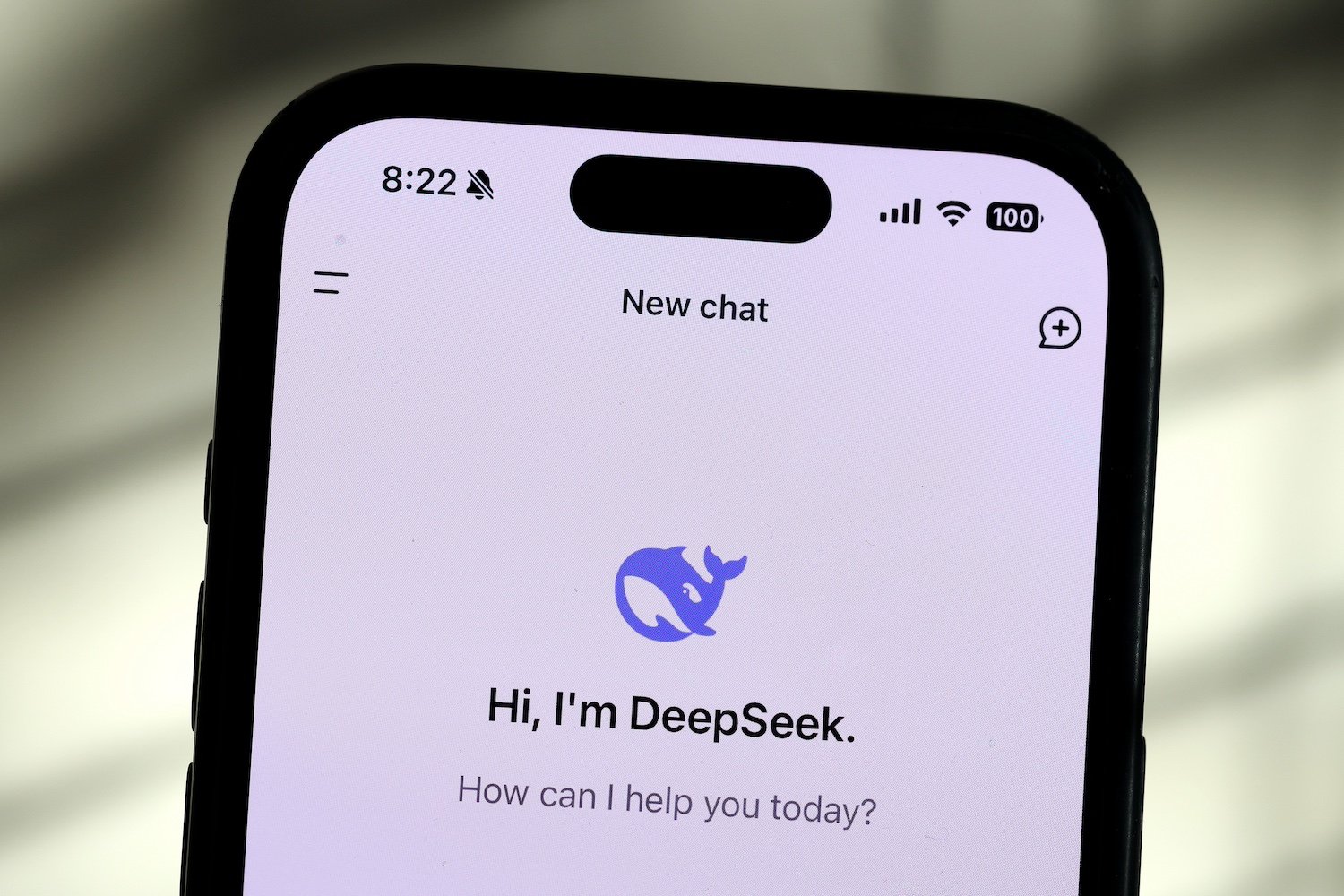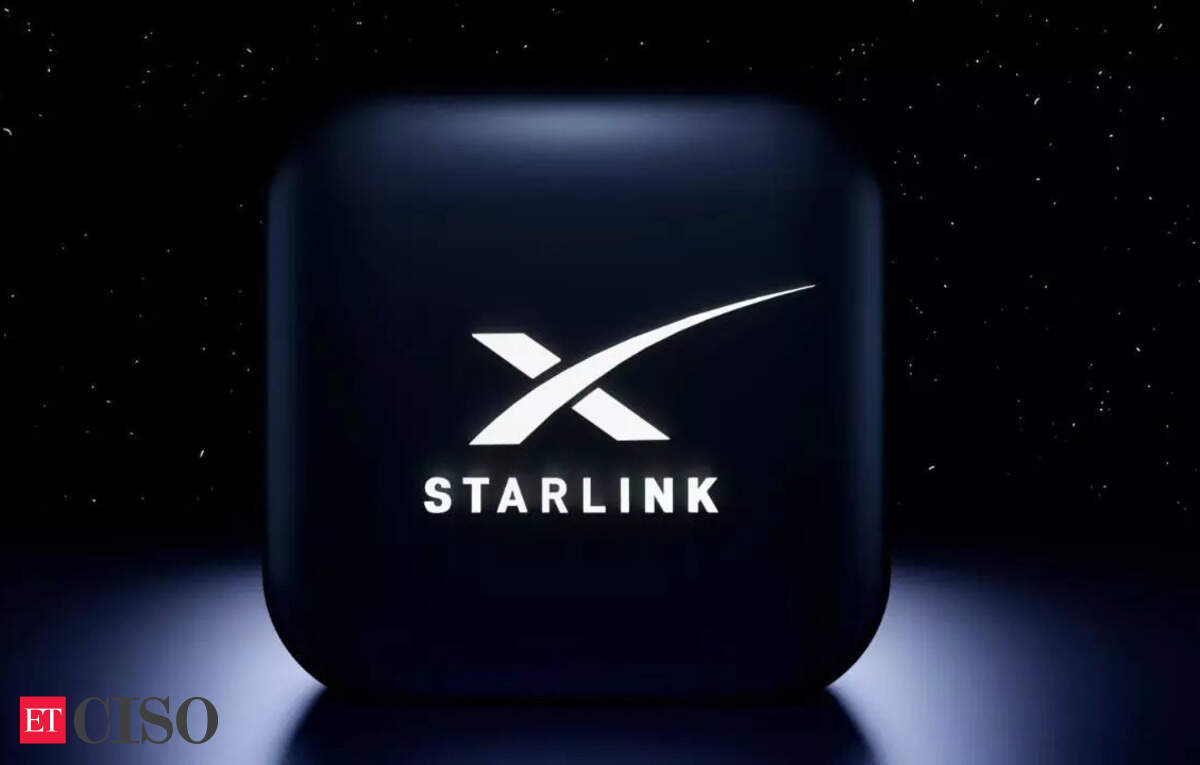House Committee Recommends Restrictions on AI Export to China
A bipartisan House committee has recommended imposing restrictions on the export of AI models to China, citing a "profound threat" to U.S. national security. The committee’s report, released on Wednesday, claims that DeepSeek, a Chinese AI company, poses a significant risk to American security by collecting user data on Americans and sending it back to China.
Security Concerns and Allegations
The House Select Committee on China concluded that DeepSeek’s founder, Liang Wenfeng, controls the company as well as a hedge fund called High-Flyer Quant, which has ties to state-linked research labs. Lawmakers allege that DeepSeek’s low-cost models were trained using data from OpenAI’s ChatGPT, a claim that OpenAI has been quick to support. The committee’s report suggests that DeepSeek likely used "unlawful" distillation techniques to develop its models, which involves studying the outputs of another model to quickly get up to speed.
Trump Administration’s Restrictions on Chip Exports
The new report comes a day after the Trump administration placed restrictions on the export of chips, including Nvidia’s H20, to China. This move is seen as a potential major blow to Nvidia, which has made billions selling throttled but still capable chips for AI processing in the Chinese market. Critics argue that the move is ill-considered, as it may motivate China to build its own, faster chips, and Nvidia will lose out on revenue that could keep America ahead.
OpenAI’s Involvement and Hypocrisy
OpenAI and its largest backer, Microsoft, were quick to cry foul following the launch of DeepSeek’s R1 model, alleging that it was trained using a distillation technique that involves studying the outputs of another model. However, the irony is not lost on many, as OpenAI has been accused of taking content from across the web without permission. The House committee’s report was influenced by none other than OpenAI, which claimed that DeepSeek employees "circumvented guardrails" to extract reasoning outputs and accelerate development at a lower cost.
R1 Model and U.S. Companies
R1 is an open-source model, meaning it can be hosted locally on U.S. servers, and its code can be studied and modified. American companies, including Microsoft, Meta, and Perplexity, are already hosting the model on their cloud platforms. While consumers visiting chat.deepseek.com will be interfacing with a China-based instance of the chatbot model, the model itself is not inherently nefarious.
Limitations of Restricting AI Exports
If previous examples of America restricting high-tech exports to China are any indicator, further curtailing AI from entering the country might not do much to slow China down and may actually help them. Existing restrictions on the export of cutting-edge chips forced companies like DeepSeek to make highly efficient models on lower-end processors. The U.S. government fears that China will employ AI to advance its geopolitical goals, but it seems unlikely that AI development in China can be stopped at this point.
TikTok and U.S.-China Relations
The Trump administration is also continuing with its work to make TikTok’s U.S. business independent from its Chinese owner, but reports suggest that the government will not discuss the possibility until tariffs are lifted. The ongoing tensions between the U.S. and China are likely to continue, with AI and technology exports being a major point of contention.
Source Link





